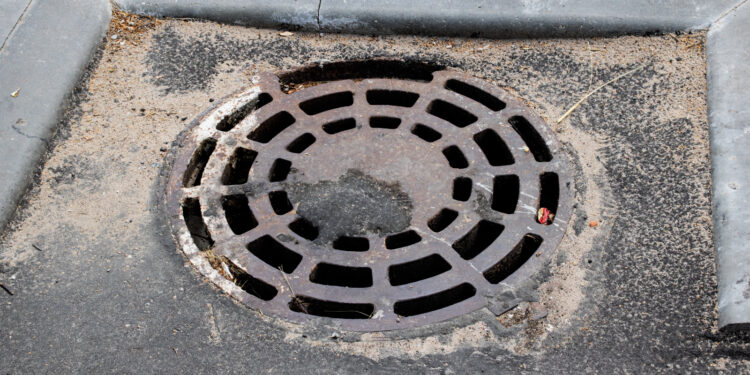In the daily hustle, the temptation to conveniently dispose of various household items down the drain or toilet might seem appealing. However, not all items are drain-friendly, and some can wreak havoc on your plumbing while posing environmental threats. This infographic serves as an essential guide, revealing what should never find its way down your drain and providing insights on safe disposal practices.
Certain household items, such as beauty products, medications, grease, and fat, can prove detrimental to your plumbing and the environment. Understanding the potential risks and proper disposal methods is crucial to maintaining a healthy drainage system and safeguarding our waterways.
Beauty products often harbor a cocktail of chemicals, preservatives, and additives. Sunscreen, for instance, may contain oxybenzone, known to disrupt hormones in humans and harm coral reefs. Moisturizers and makeup may house preservatives like BHT and BHA, causing mutations in wildlife. Proper disposal at designated sites is imperative. Consider opting for eco-friendly alternatives to minimize environmental impact.
Not all food products are drain-friendly. Coffee grounds, despite their aromatic allure, resist water dissolution and can aggregate, causing plumbing blockages. Similarly, eggshells persist even in garbage disposals, leaving residue in pipes. Composting these items offers a more environmentally friendly solution, providing nutrient-rich additions to your garden.
Toiletries like diapers and feminine hygiene products should never be flushed down the toilet. The risk of swelling and pipe clogging is substantial, and even products labeled as “flushable” may pose threats. Disposal in the garbage ensures a safer route for these items.
This comprehensive guide encourages responsible disposal practices to safeguard your plumbing and protect the environment. As you navigate the do’s and don’ts, explore the accompanying resource for a deeper understanding of items that should steer clear of your drain. Stay informed and make choices that contribute to the well-being of your plumbing and the ecosystems it connects to.
Infographic created by Tunnel Vision Pipeline Services, a CIPP lining company






